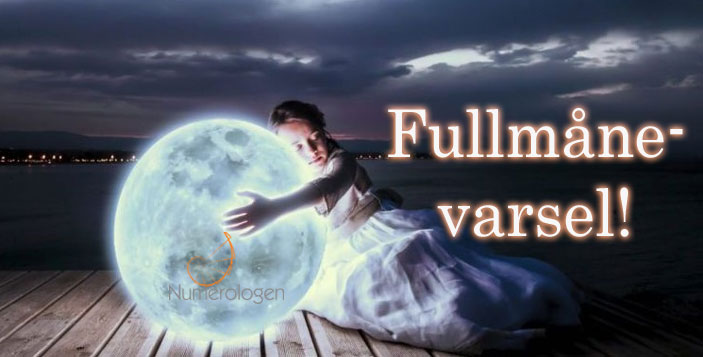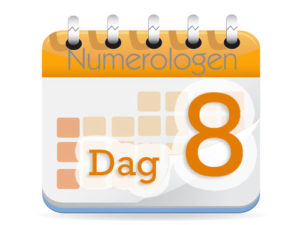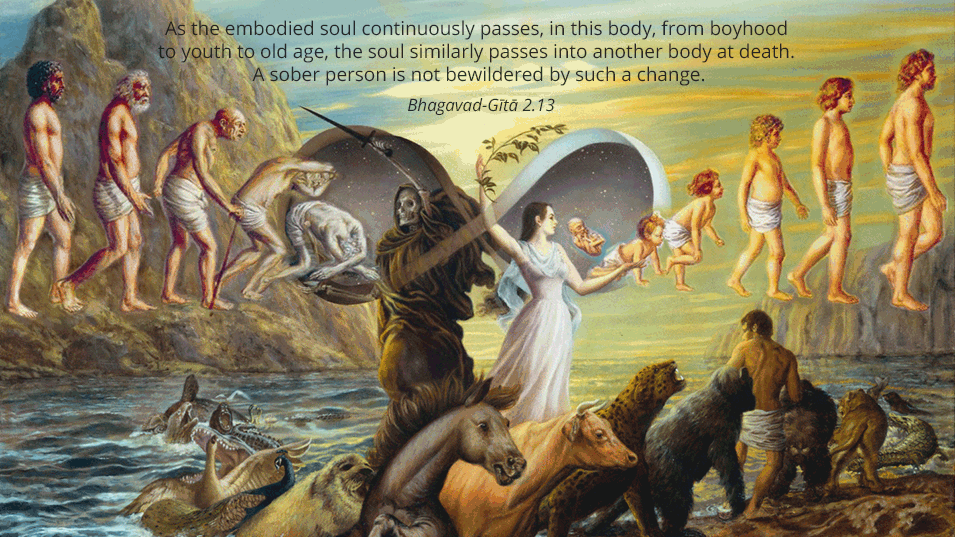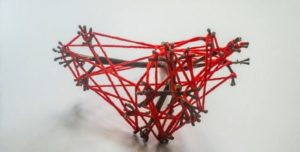 “It feels like a war inside” is a common description when meeting people who experience the feeling of emotional instability or the perceived inability to regulate ones emotions. And in many aspects it really resembles the context of a civil war, just within the boundaries of a human mind. The feeling of helplessness against perceived injustice is often a well-known mechanism behind civil conflicts. When faced with the intense humiliation and shame that comes with the emotional abuse of prolonged or intense injustice, people will sooner or later turn to more drastic methods to seek redemption. Picking up arms and go to war is unfortunately such a solution when all other options are unavailable.
“It feels like a war inside” is a common description when meeting people who experience the feeling of emotional instability or the perceived inability to regulate ones emotions. And in many aspects it really resembles the context of a civil war, just within the boundaries of a human mind. The feeling of helplessness against perceived injustice is often a well-known mechanism behind civil conflicts. When faced with the intense humiliation and shame that comes with the emotional abuse of prolonged or intense injustice, people will sooner or later turn to more drastic methods to seek redemption. Picking up arms and go to war is unfortunately such a solution when all other options are unavailable.
The same thing goes for people who experience personal injustice in the form of potential traumatic events in their life, such as abuse, neglect, or violence in different forms. Usually we have protective means in the form of fight, flight or freeze to cope with such circumstances, but it is not always so. In some cases we are unfortunately unable to get the protection needed to handle traumas or to get redemption to the perceived injustice. This is when there is a high risk that “the mental immune defense system” can turn on their own emotions and go to “civil war” with the system that were unable to cope with the external threat. Protection against harm is without a doubt one of the basic needs of humans according to Maslow.
When we have been severely emotionally hurt or abused the human immune defense will activate also on a mental level. Freud called this the human defense mechanisms. The function is to sustain life and sanity and facilitate survival. After that it is the choices of mending that predicts the outcome of the healing process. For we will all be overwhelmed with intense feelings at some point in time. It is called living a life. Sometimes this can be unbearable and fear is one of the most potent of these defenses. It makes us fight, flee or freeze. Whatever was our prior successful experience in coping with different threats will be our most likely response later in life.
For children to master this learning process they need support until they are ready to mend their wounds by themself. It is detrimental that enough support is given so that the natural defense is appropriately tuned to the threats encountered. If not the mental immune system can be overwhelmed and turns back to more immature and less developed mechanisms. This is seen widely in children’s tendency to externalize causal origin when emotionally overwhelmed. If challenged with the intense feelings that can accompany certain trauma externalization can take extreme shapes such as dissociation or even personality change. This is to survive the devastating feeling of helplessness in the midst of intense negative emotions. Such extreme avoidance can later become a problem if not healed properly as fear and sadness is very contagious and may even become systemic mental infections.
The healing is done thru sharing and reenacting in a safe state and context so that it will not be an experience of retraumatisation but a slow recuperation and stabilization of our psychological defense mechanisms. This takes the courage to be open in a trusting relationship to another human being so that balance again is restored. It will not be easy to feel weak in front of another person so avoidance or fight is often chosen as these is the basic immature mechanisms we all know so well.
But it costs allot to maintain such a defense which with time have to grow even stronger to every new potential danger life has to offer. It is also part of an external strategy and not internal healing, which can turn people into chronic victims. This is an immediate liberating coping mechanism that eases the pain one feels and which may or may not elicit care from more or less close others. When children present their helplessness like this the parents usually comes to aid them, much as good friends later in life sometimes do. But there is a slight difference between children and adults. Children display this behavior within a certain learning period and usually are childish open about the events to whom they trust. As an adult it is expected to be shorter duration and they are usually not so emotionally open to others. There is also a certain expectancy from other adults that some mature coping strategies has been learned as most people do not want to parent their peers. As such one can end up pushing people away and become even more isolated and lonely as a result of using immature coping strategies such as externalization, avoidance and victimization. This will again build more defenses and result in further emotional suffering. Needless to say this could quickly turn into a vicious circle of abandonment and mistrust. Help is possible but demands both courage and endurance to carefully explore prior traumatic experiences and the willingness to try new coping mechanisms when faced with potential threats of intense emotional pain or abandonment.
The post The feeling of emotional instability. When your emotions becomes your enemy within. appeared first on Psykhjelp.no.


.jpg)













